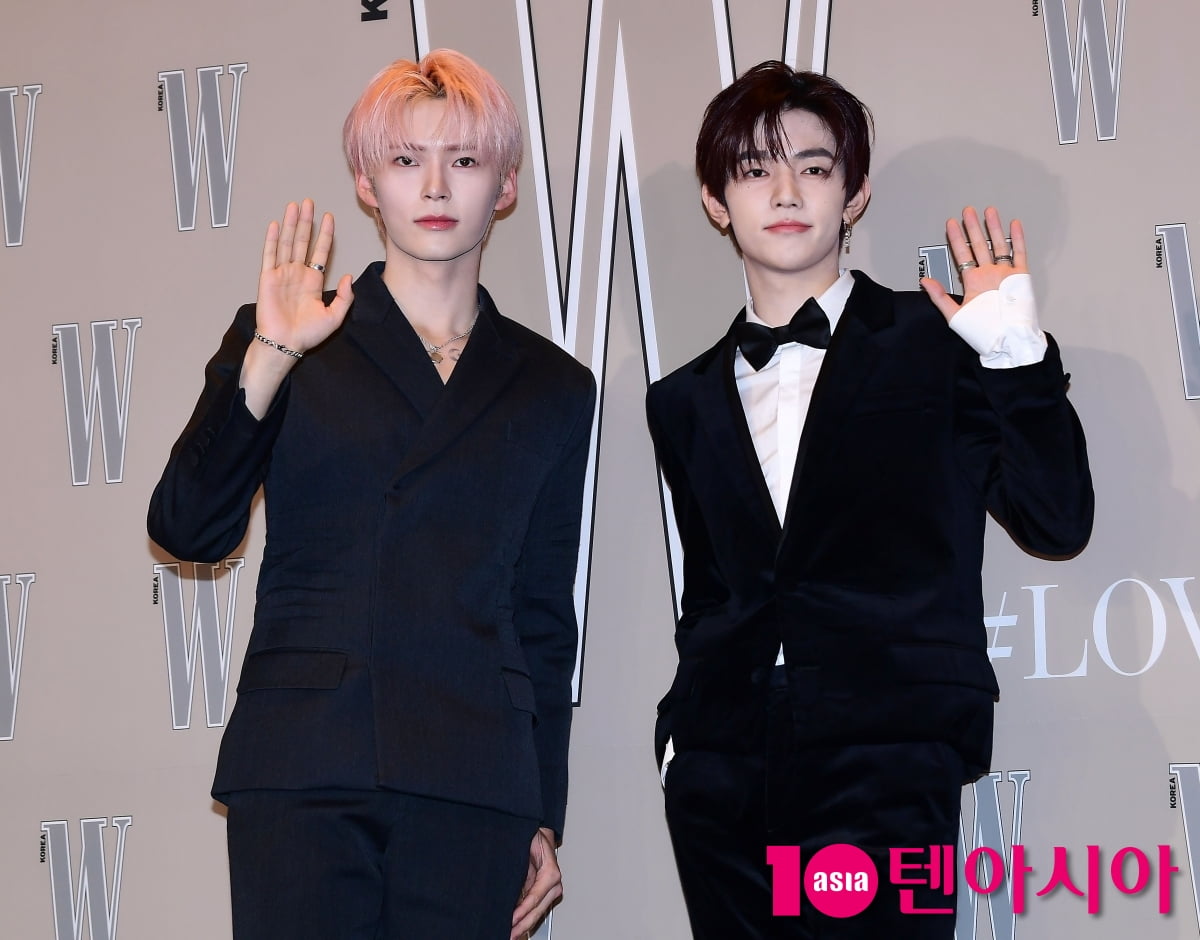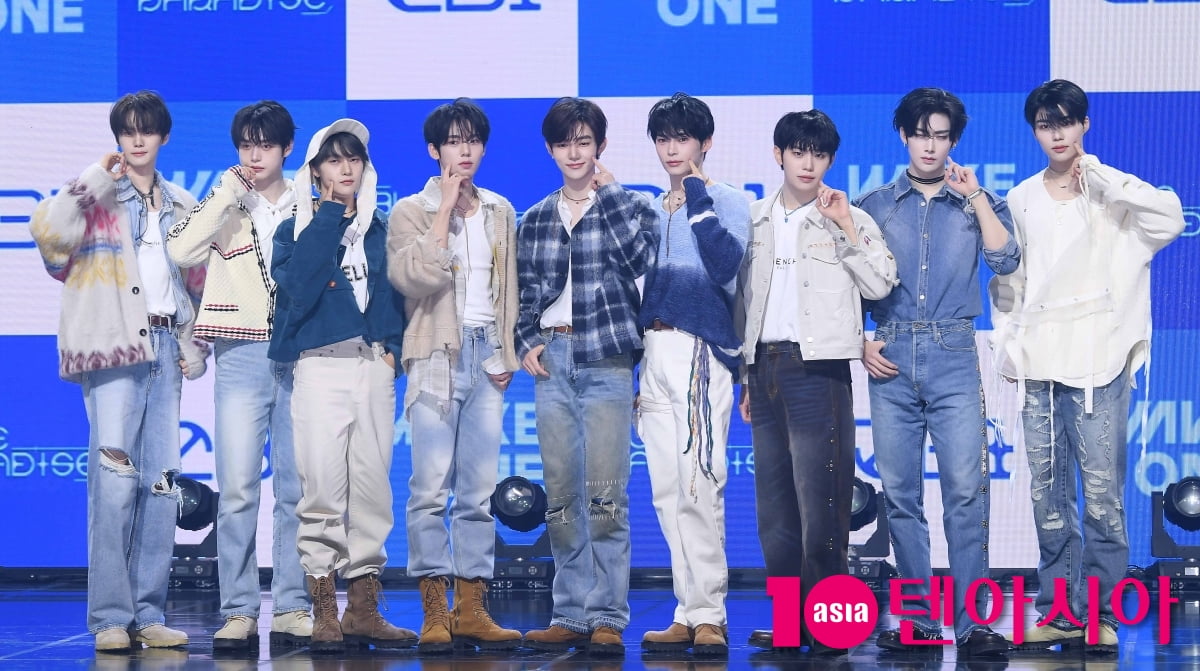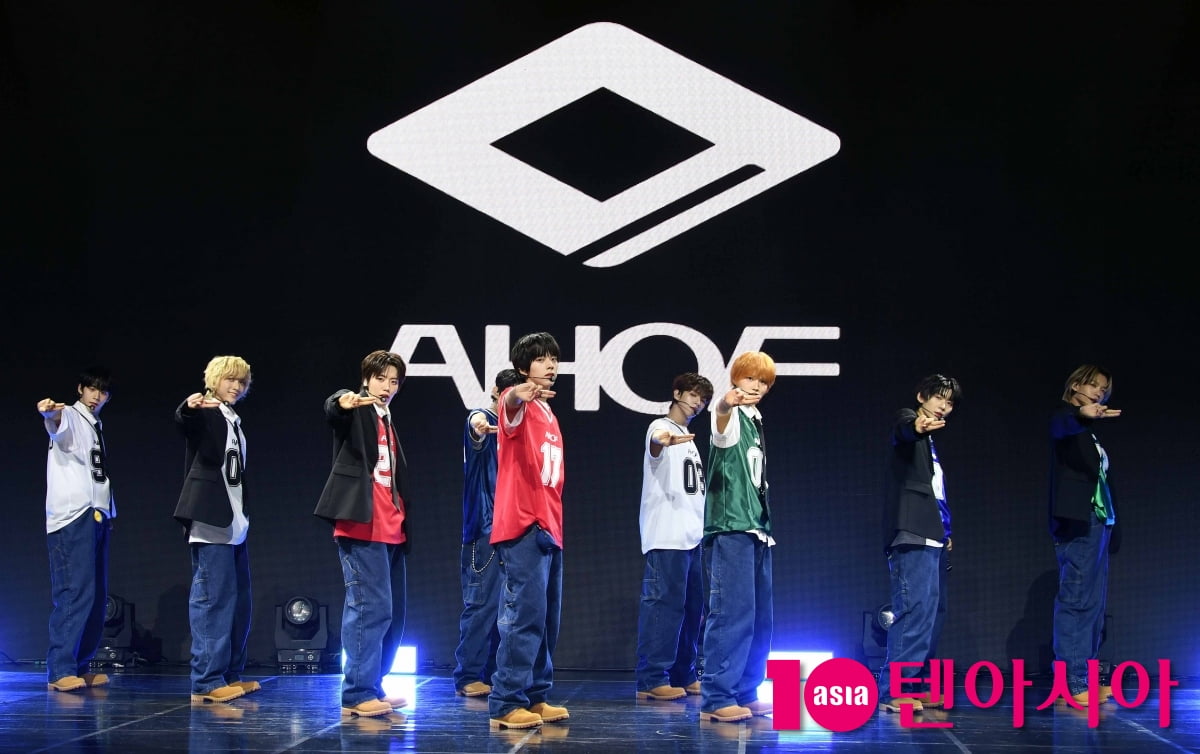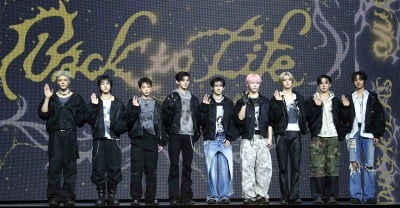MUSIC
K-Pop Idol Audition Shows: Success Beyond TV Ratings


Mnet's new boy group audition program, 'Boys 2 Planet' (referred to as 'Boys2Planet'), is set to premiere on the 17th. With the previous success of ZeroBaseOne, who debuted through 'Boys Planet,' all eyes are on whether this new program will produce another breakout group.
'Boys Planet,' which launched ZeroBaseOne (ZB1), mostly recorded ratings in the 0% range during its broadcast, only surpassing 1% in its final episode. However, the group became million-sellers immediately after debut, with five consecutive albums reaching this milestone. They have secured music show wins and embarked on a world tour, establishing themselves as a leading 5th generation boy group.

The disconnect between ratings and idol group success is due to changes in the K-pop industry structure. The current idol market is driven by a small but dedicated fanbase rather than the general public. These fans heavily influence album sales and content consumption, determining a group's success. An industry insider noted, "Initial album sales and merchandise consumption are driven by a small, loyal fanbase. Even with low TV viewership, a strong fandom can lead to high achievements."

The influence of international K-pop fandoms has also grown significantly. A large portion of K-pop album sales and streaming revenue comes from global fans, whose impact isn't reflected in domestic ratings. Voting systems that engage international fans further contribute to fandom formation.
Audition programs have shifted from national auditions to fan-driven projects. Ultimately, a group's success hinges on the size and loyalty of its fanbase. As seen with ZeroBaseOne's five consecutive million-seller albums despite low ratings, 'Boys2Planet' may also produce a new sensation in the music industry.
By Kim Ji-won, TenAsia Reporter one@tenasia.co.kr



